Volodymyr Zelensky’s declining reputation has been reported by Magyar Nemzet, as well. Tamas Magyarics, foreign policy expert and professor emeritus at ELTE, spoke in detail about the causes of this process and how the relationship between Kyiv and Washington has changed over the more than three years of the war.
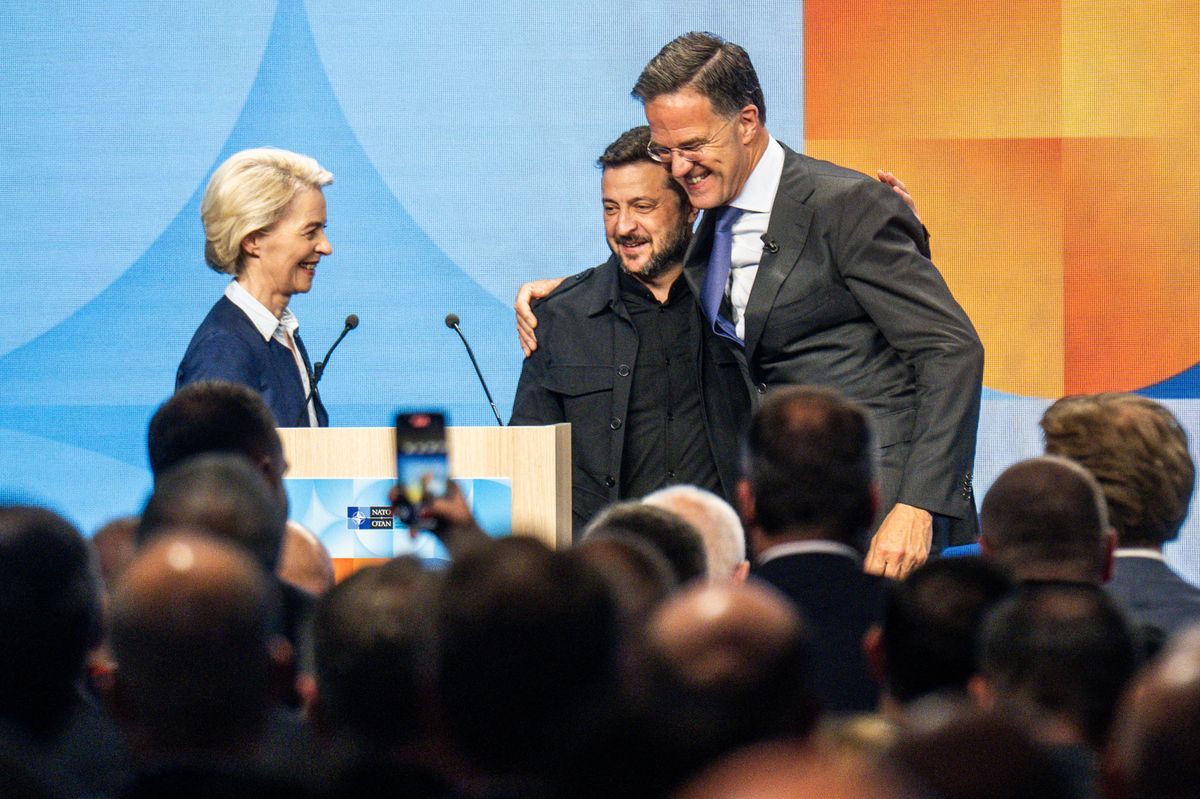
Zelensky Is Increasingly Divisive Figure in the United States
Zelensky’s image in the U.S. has notably shifted compared to the start of the Russia-Ukraine war. While in 2022, at the outbreak of the war, the American political elite and public opinion almost unanimously supported Ukraine’s cause, deep divisions have since developed between the Democratic and Republican camps, not only regarding the funding of the war but also regarding Zelensky himself.
“Support for the Ukrainian president has declined more among Republicans and less among Democrats,” Magyarics said. He added that Democrats continue to approach the war ideologically, reverting to old reflexes and seeing Ukraine as a tool of “democracy export,” - a stance rooted in the foreign policy school established during the Obama era.
Democrats approach the issue not merely from a geopolitical, strategic, or realpolitik perspective but based on the belief that Ukrainians have the right to join whatever alliance they wish and that this is an opportunity to build a democratic society in Ukraine,
the expert explained. By contrast, Republicans increasingly view the Ukrainian conflict as a strategic burden. Initially, they too emphasized the need to stop Russian aggression, particularly noting that an unpunished war could embolden other powers, primarily China. However, this approach has eroded, especially with Donald Trump's return to White House.
Trump believes that Ukraine is not the main frontline, and that the real frontline is in the Far East,
Tamas Magyarics said. The once and current U.S. president believes America should focus its attention and resources on China instead of Ukraine, and is shaping his foreign policy strategy accordingly. A growing segment of American society is also showing signs of turning away from Ukraine.
A significant portion of Republican voters believes the United States should not be tied down in Ukraine. The U.S. is spending too much money on Ukraine, and that money should be spent at home on infrastructure projects,
the expert noted, citing multiple survey results. Within the Republican camp, particularly on the far right (the Freedom Caucus) and among opinion leaders such as Tucker Carlson and Steve Bannon, there is an open insistence that domestic issues should take priority over Ukraine, and they argue that Russia also has grievances that should be considered legitimate.
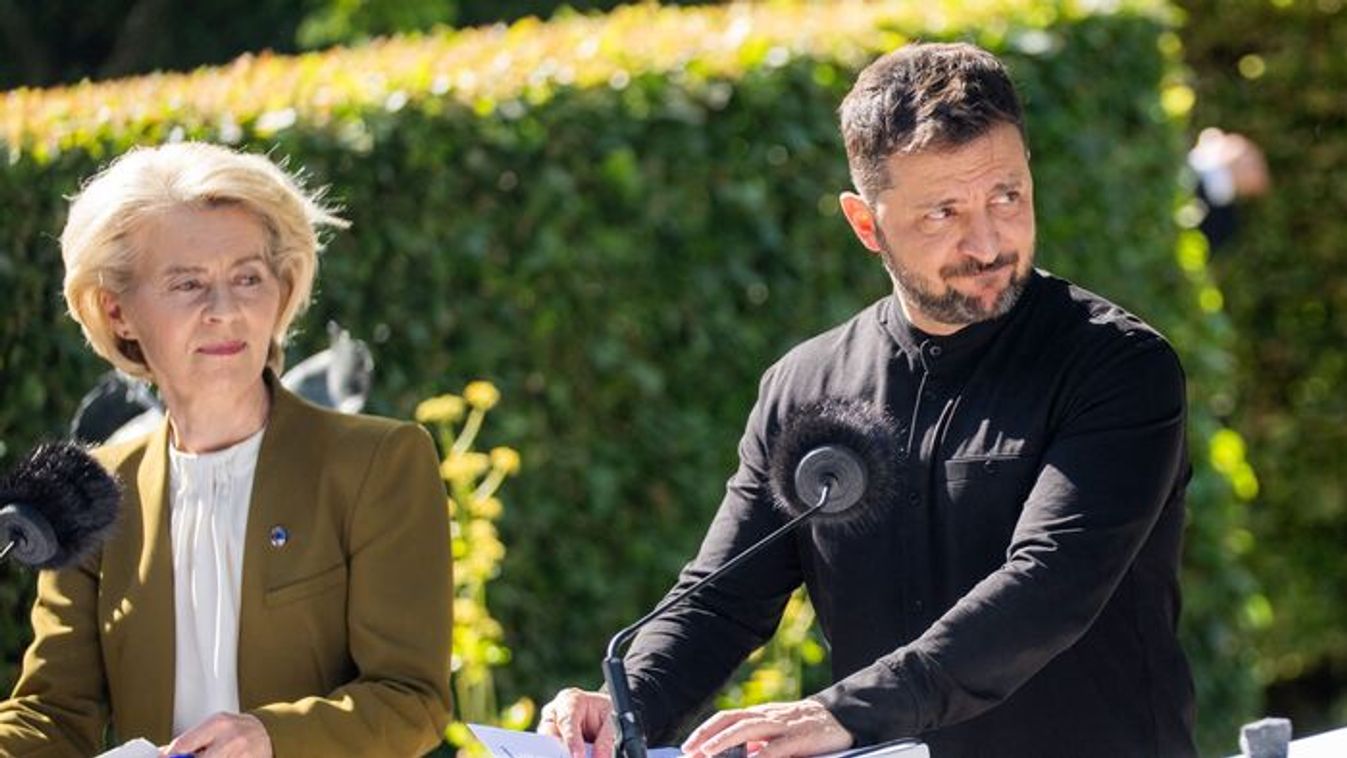

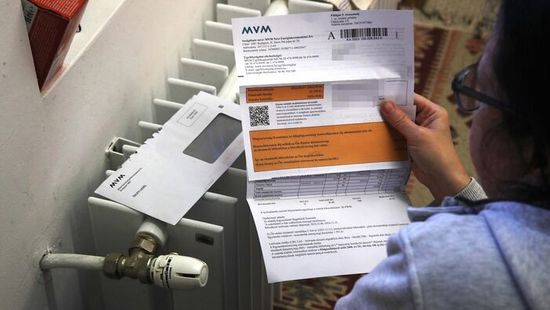
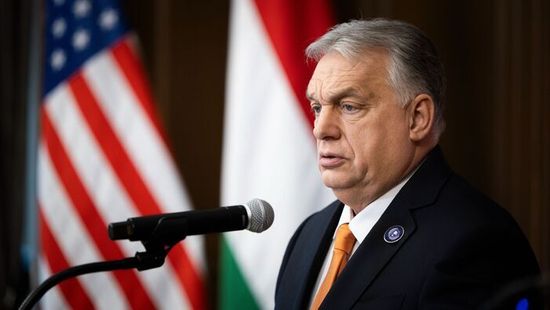







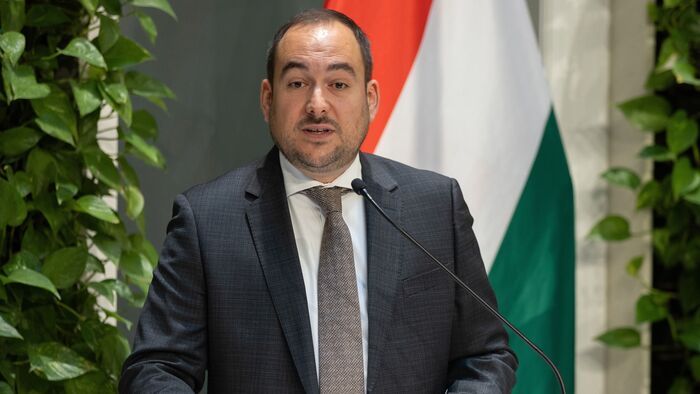

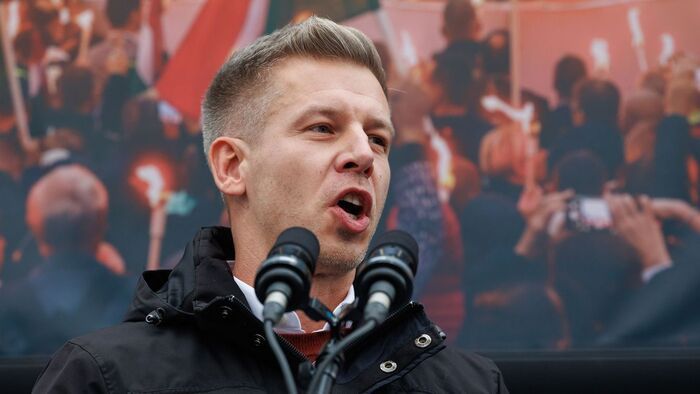


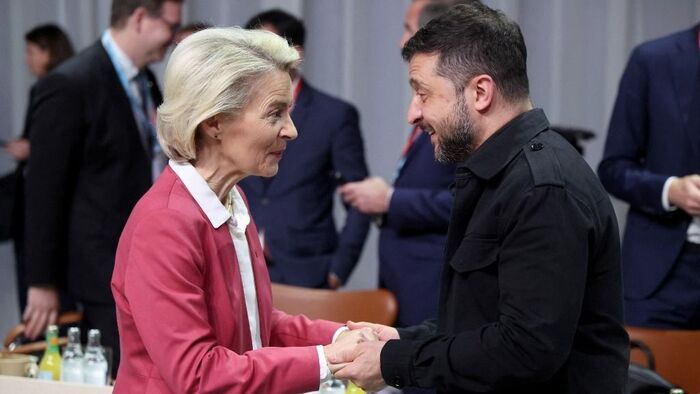



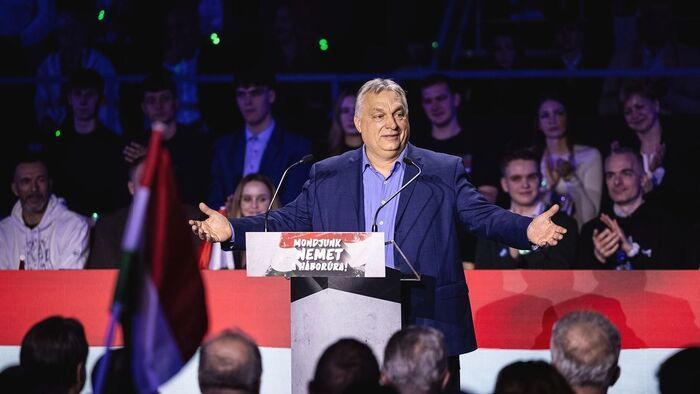

Szóljon hozzá!
Jelenleg csak a hozzászólások egy kis részét látja. Hozzászóláshoz és a további kommentek megtekintéséhez lépjen be, vagy regisztráljon!